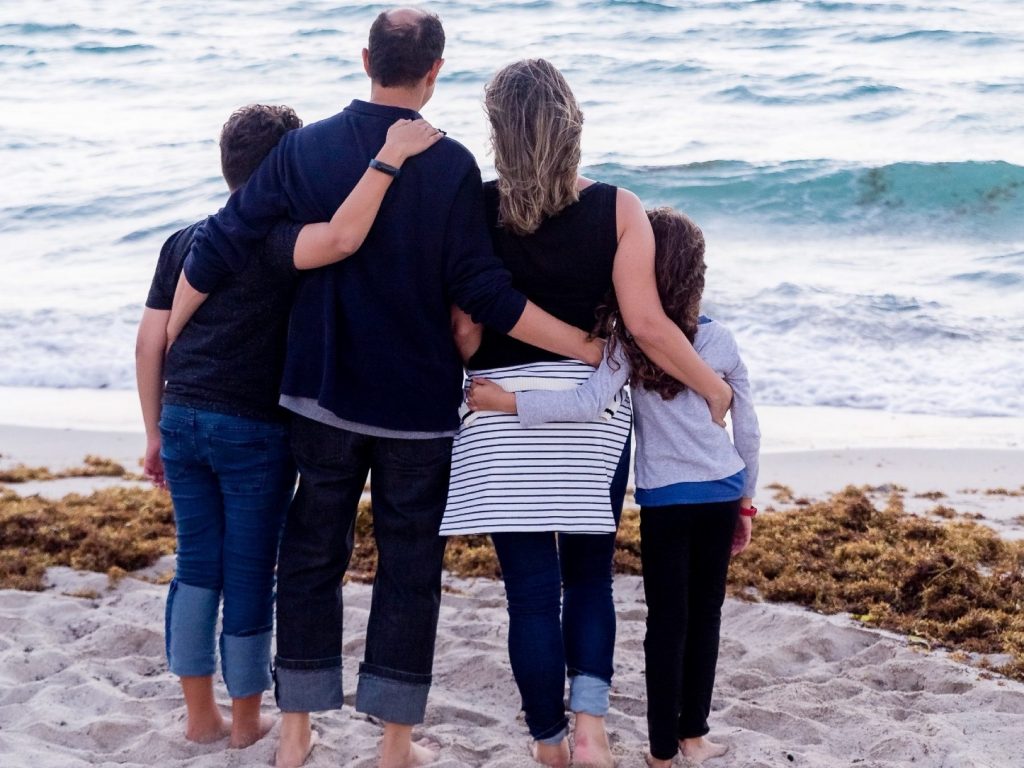Our guide to helping your child cope with conflict

Violence unfortunately is all around us.
One of the fundamental roles of parenting is to equip children with ways to cope with situations involving conflict.
Leading by example, encouraging conversations with kids and providing a safe place to express their feelings are powerful tools to assist them as they grow.
We’ve prepared a guide of simple dos and don’ts, recognised by experts world-wide:
1. Keep a positive attitude:
When it all boils down, staying optimistic in the face of life’s many challenges is key to curbing anger and resentment. Remember to think, act and speak in an optimistic way and aim to seek out solutions, however difficult this may seem at the time.
It’s important for kids to see problem solving in action – a valuable skill for them as they embark on their own life challenges.
2. Deal with anger in appropriate ways:
Life can be stressful. When so many of our “buttons” are being pushed it’s easy to get angry.
If we get aggressive, disrespectful or violent while interacting with others, particularly in front of young people, it’s likely they’ll follow that example.
As role models, we can show our children appropriate ways to deal with anger including deliberately making a decision to stay calm, check all the facts before we act, listening to other people’s point of view and letting kids see us use words and problem-solving to sort out conflicts.
3. Don’t intimidate others:
Leading by example means never physically or verbally harming, bullying, teasing or intimidating others. Always treat others with respect and kindness.

4. React in a way that’s appropriate to the situation:
Avoid going “off the deep end’’ only to regret your behaviour later. Usually this fuels a sense of tension that creates ongoing conflict.
Express your feelings in a manner that’s appropriate. For example, you might say to your child: “I’m really angry that you didn’t tidy your room like you agreed to.”
“I’m going to take a break for a few minutes and then I would like to talk to you about it.’’
5. Own your mistakes:
Admit your mistakes and talk about what you might do to avoid repeating them in the future.
Try not to blame everything that goes wrong on other people or circumstances. In addition, be open about your frustrations and how you are coping with your feelings.
6. Keeping the lines of communication open:
There are no scripts for difficult or tricky topics. It becomes easier if you establish a habit of talking about everyday stuff, doing it often and building a bond so that it smooths the way when you need to speak about more important topics.
To get the conversation rolling, try asking open-ended questions. For instance, if you ask: “How was your day?” you are likely to only get a response of “Ok!” Try something like: “Tell me about your day”, instead.
7. Listen more than you speak:
Young people need to feel heard. Would you enjoy sharing your thoughts if someone kept interrupting you? Also, don’t try to fix things or go straight to problem solving. Allow time to hear them out. Don’t offer advice until it’s asked for and avoid lectures, preaching and judgement at all costs.
8. Gauging the best time to talk:
You child may not wish to open up straight away. Let it go for now but let them know you are there for them to talk to.
Try again in a day or two. Try a different time of the day or a different room, or even find an activity together and communicate while doing that.
The Pat Cronin Foundation is dedicated to empowering young people never to use violence, to be wise, think carefully and act kindly. For more tips, book one of our informative educational sessions specially designed for schools, sports clubs and community organisations. Register here or contact us.

